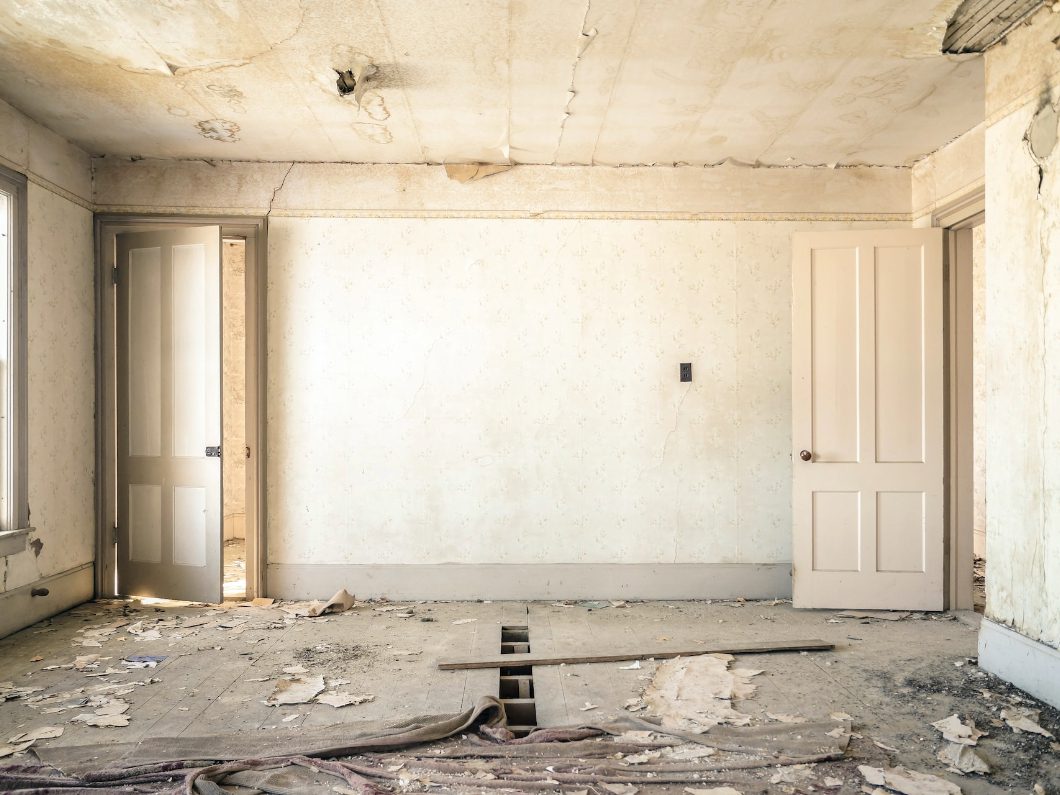We have constantly seen news articles on intensification (as a product of the current unitary plan) in the last couple of years. Since early 2022, we have seen more commentaries on the fall in the property prices instead.
As non-developer homeowners, you would think the former gives you no benefit while the latter reduces your wealth. Some homeowners even associate intensification with negative impacts such as construction noise and change in the neighbourhood brought by the erection of terrace houses nearby. But in fact, if your property is on a cross-lease title or is part of a small unit-titled complex, intensification may work in your favour.
Properties on fee simple titles (which is the official name for freehold titles) are often more popular and seen as more valuable than those on cross-lease titles or unit titles. It makes sense as a fee simple property provides its landowner most freedom in managing and building on their property amongst all title types in New Zealand!
The landowner of a fee simple property still needs to obtain the required consents from the council and to observe the council’s requirements. But there are no mandatory requirements similar to cross-lease and unit title properties, which require consent from the co-lessors (i.e. the cross-lease neighbours) or the body corporate to be obtained before certain works can be undertaken.
By now, you will be asking how all these relate to your property. Read on for the answer.
In the past, the typical units in a block or even a lot of stand-alone townhouses were not qualified to have their own fee simple titles due to the then minimum land area required. The current unitary plan opens up opportunities to convert units in single-storey complex, terrace houses and townhouses into fee simple properties.
Converting cross-lease or unit title properties to fee simple properties are subdivisions technically. But with all the required physical works (e.g. utilities and drainage etc) already in place, the process and cost involved could be much more manageable than you imagine. The potential improvement in marketability and increase in value may weigh over the cost of the project, especially in a slow property market and if the owners of the properties involved agree to share the cost.
Most cross-lease properties require mutual agreement by the owners of all flats. Special resolution (i.e. 75% of the eligible voters) will usually enable the unit plan to be cancelled. The resulting lots from the subdivision usually reflect the respective area occupied by each property (which would be the exclusive area of the property if applicable).
If you are interested in converting your cross-lease or unit title property into a fee simple property, you should confirm with your planner and surveyor whether it is viable for your property. You should also obtain the owners group’s mutual agreement to the proposed title conversion. The procedure and approach to be adopted should be specific to the property involved based on various factors. So before talking to anyone, it is advisable to talk with us first!



